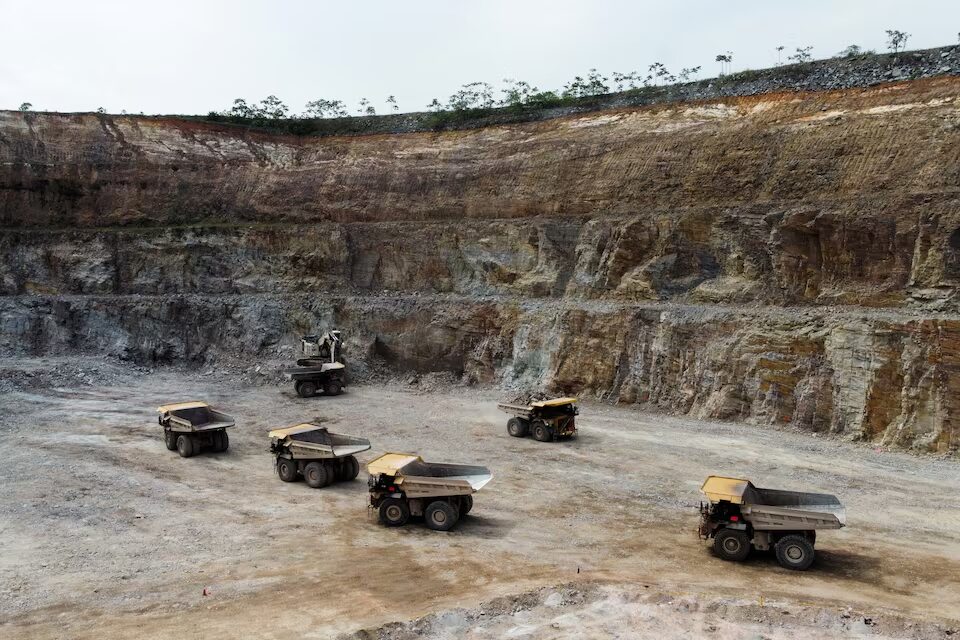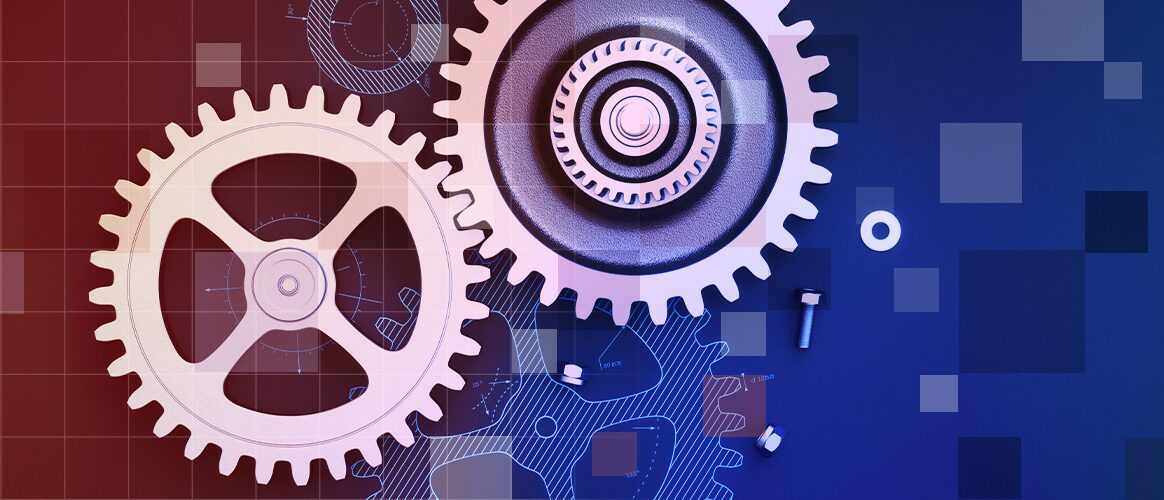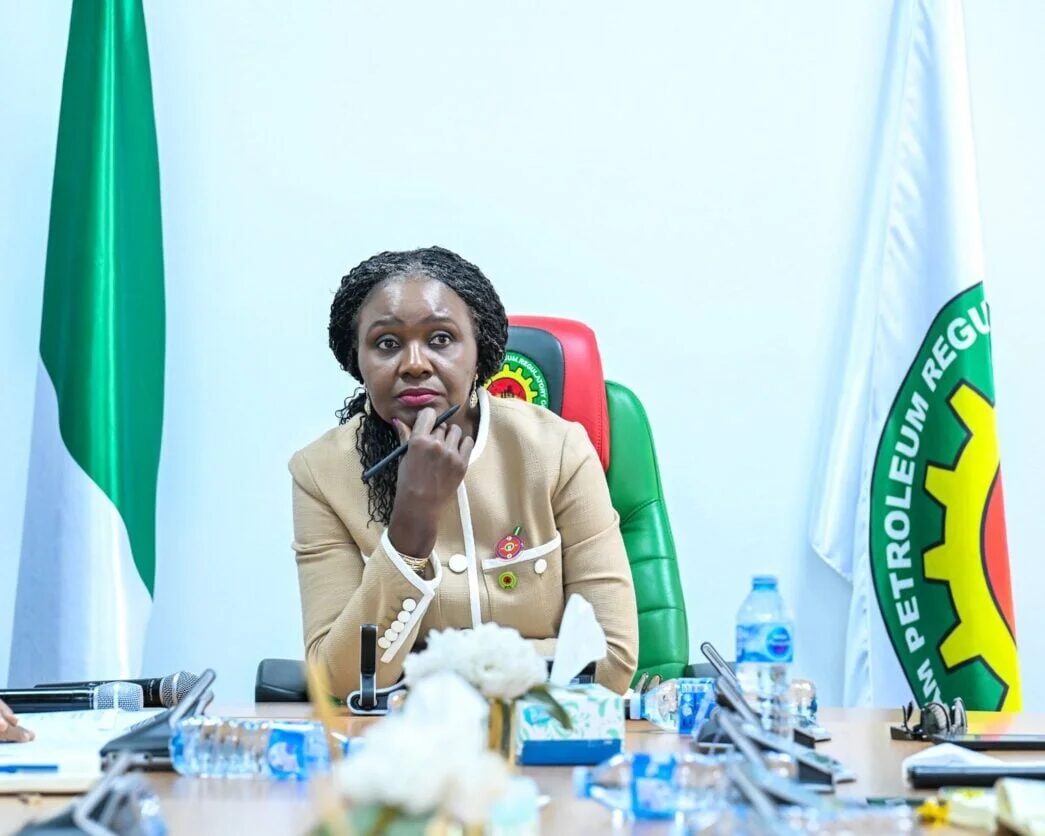
Wednesday 25th June 2025

Par inAfrika Reporter
The African Development Bank is stepping firmly into its role as a driver of Africa’s economic transformation, using strategic partnerships and investment frameworks like Italy’s Mattei Plan and the European Union’s Global Gateway to bolster connectivity, industrialization, and regional integration. Speaking at a high-level summit in Rome, Bank President Dr. Akinwumi Adesina stressed the need for alignment and action on the ground. He highlighted the Bank’s strong progress in implementing infrastructure, energy, digital connectivity, and value chain projects that support economic resilience and regional trade.
One of the most prominent projects under the spotlight was the Lobito Corridor, where the Bank has committed $1 billion over five years to support value chain growth and urban infrastructure. The corridor links Angola’s Atlantic port of Lobito with inland regions across Zambia and the Democratic Republic of Congo, creating vital access for landlocked economies and opening new trade and industrial routes across southern and central Africa.
Also highlighted was the Tanzania–DRC–Burundi railway initiative, for which the Bank is mobilizing $3.9 billion in partnership with other international actors. These investments underscore the Bank’s strategy of delivering inclusive and green economic growth by prioritizing transformative infrastructure. The Rome Process Financing Facility, hosted by the Bank, is further accelerating climate-resilient projects in sectors such as energy, water, and transportation. The Facility’s Governing Council has already met to approve the first batch of projects.
Adesina underscored the importance of the Mattei Plan, launched by Italy to promote equal partnerships with African countries, and the Global Gateway, which has earmarked €150 billion for Africa. These initiatives are not just high-level frameworks they represent practical opportunities to expand investment in agriculture, migration, energy, and innovation.
The Bank has already invested more than $55 billion in infrastructure over the past decade, making it the continent’s leading financier in this space. European leaders emphasized that Africa’s abundance lies not only in resources but in the untapped potential of its people and markets. The central issue, they agreed, is connectivity something both the Bank and its partners are working to improve.
Energy access remains a cornerstone of Africa’s transformation. Through the Mission 300 initiative with the World Bank, the Bank plans to connect 300 million people to electricity. A €165 million package with the European Commission is in negotiation to scale up renewable energy. Adesina concluded with a call to action for donors to support the upcoming 17th replenishment of the African Development Fund, which supports low-income countries and underpins the entire infrastructure agenda. The Bank’s message is clear: it is time to deliver together.


